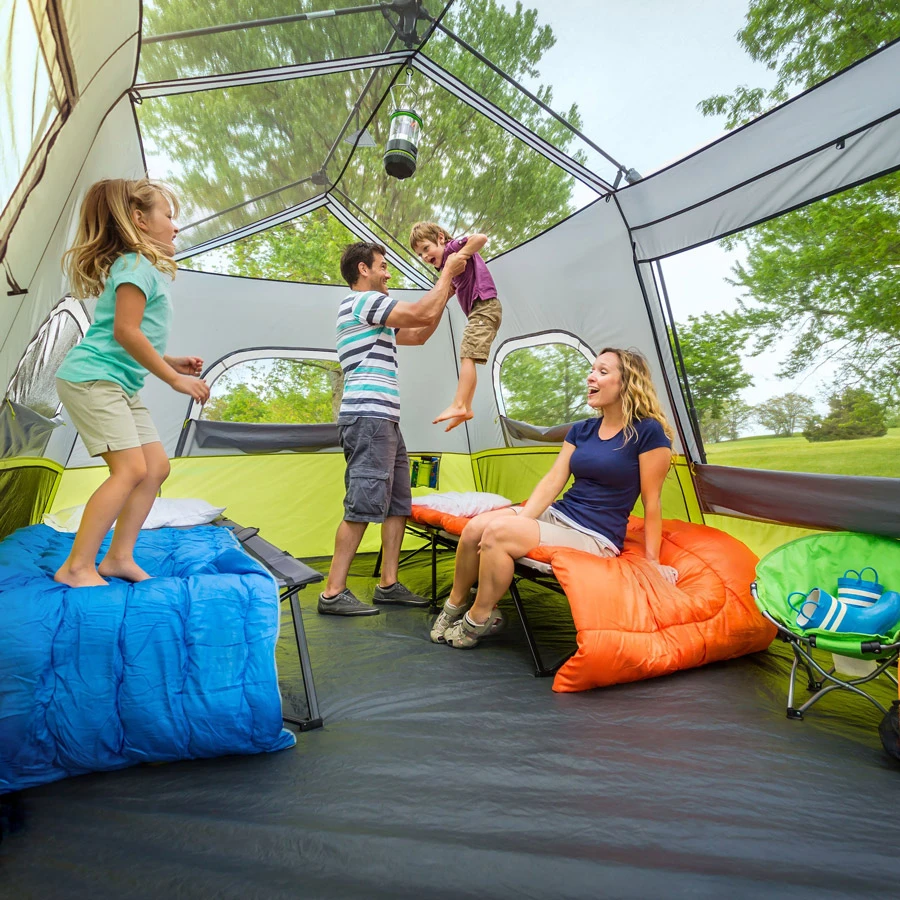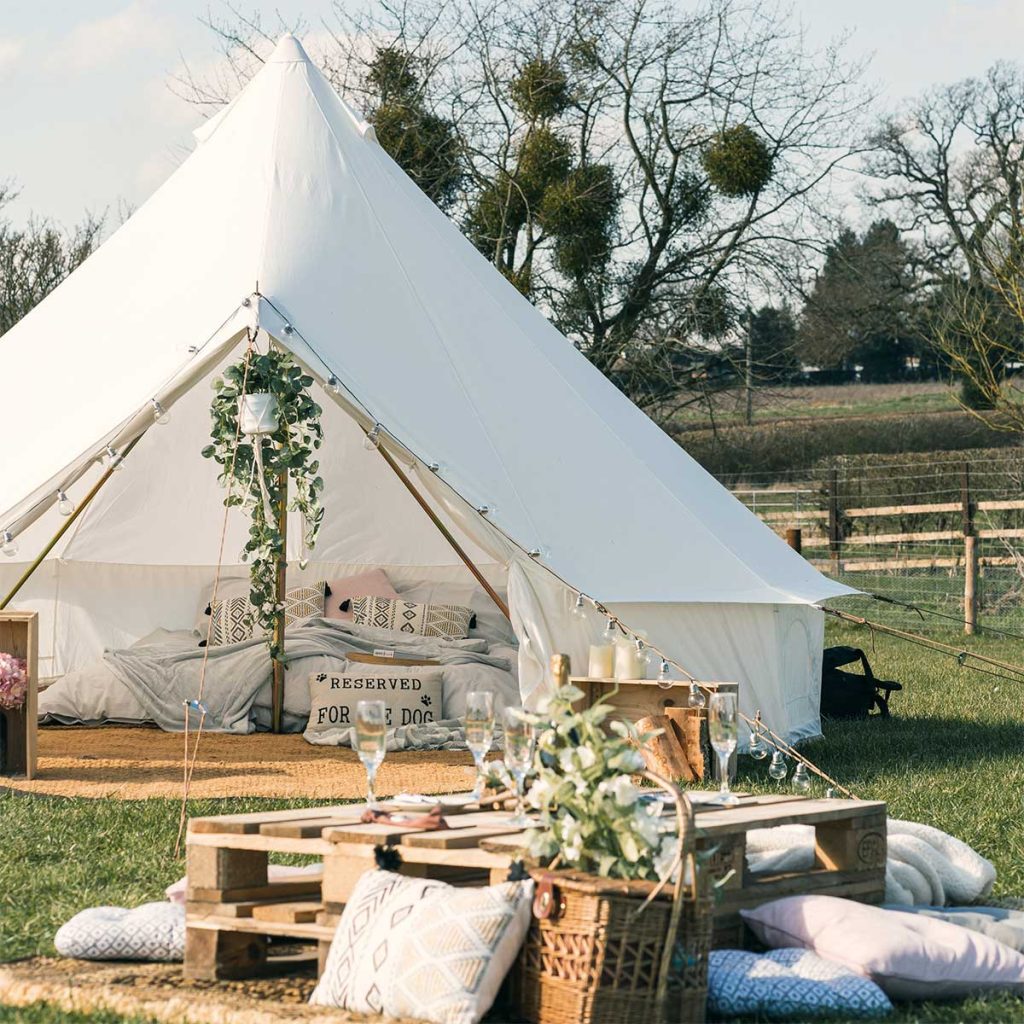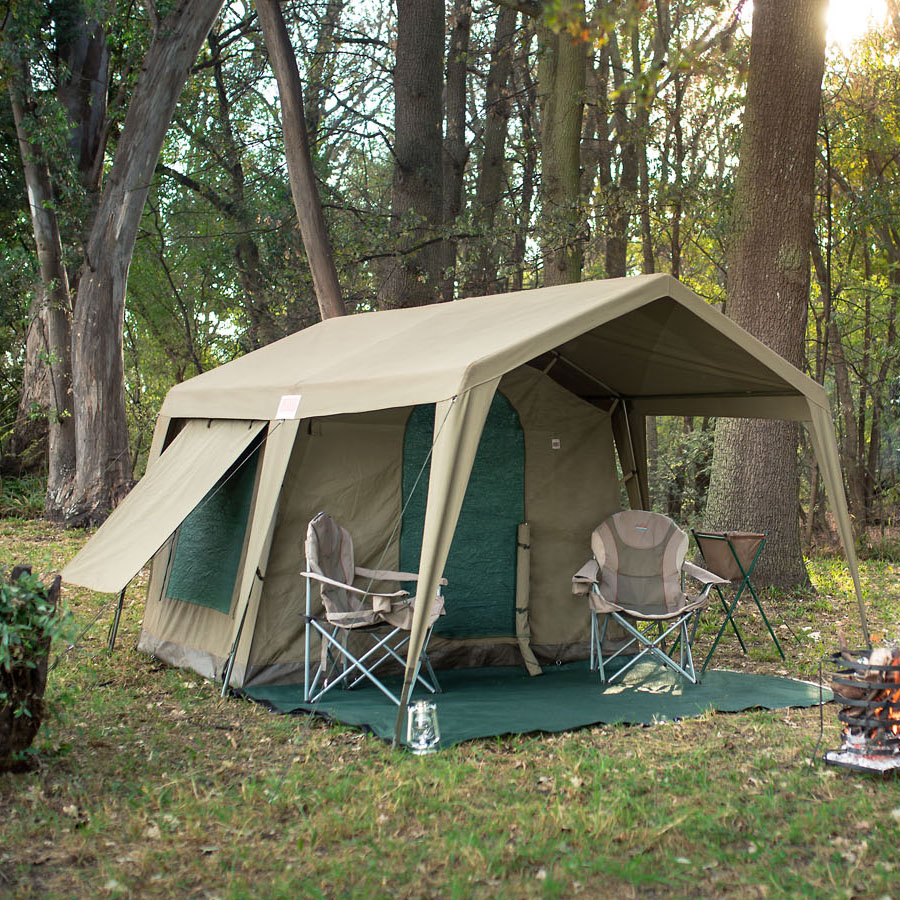Introduction
Camping is a beloved outdoor activity that allows individuals to connect with nature, breathe in the fresh air, and create lasting memories with loved ones. One of the most important aspects of camping is having a reliable and comfortable tent to provide shelter and protect against the elements. With a wide variety of tents available on the market, finding the best one for your specific needs can be a daunting task. In this comprehensive guide, we will explore the different types of tents, key features to consider, and the top recommended tents for camping.
Part 1: Types of Tents for Camping
When it comes to camping, there are several types of tents to choose from, each with its own unique features and purposes. Understanding the differences between these types can help you make an informed decision when selecting the best tent for your camping adventures.
1.1 Backpacking Tents
Backpacking tents are designed for hikers and campers who prioritize minimal weight and compact size. These tents are lightweight, easy to set up, and typically have a streamlined design to withstand windy and rainy conditions. They are ideal for solo campers or small groups looking to trek long distances and camp in remote locations.
1.2 Family Tents
Family tents are designed to accommodate larger groups and provide ample space for families or groups of friends. These tents often feature multiple rooms, high ceilings, and large windows for ventilation. They are perfect for car camping trips or extended stays at campgrounds, offering a comfortable and spacious shelter for relaxation and recreation.
Part 2: Key Features to Consider When Choosing a Tent
When shopping for a camping tent, there are several essential features to consider to ensure that you find the best option for your needs and preferences. These key factors can significantly impact the overall performance and comfort of your tent, making them crucial considerations during the selection process.
2.1 Size and Capacity
The size and capacity of a tent are essential factors to consider, as they determine how many people the tent can comfortably accommodate. When choosing a tent, consider the number of occupants and their gear to ensure that there is sufficient space for a comfortable camping experience.
2.2 Weather Resistance
Weather resistance is a critical feature of a camping tent, as it can significantly impact your comfort and safety during outdoor adventures. Look for tents with durable, waterproof materials and sturdy construction to withstand rain, wind, and other harsh weather conditions.
Part 3: Top Recommended Tents for Camping
After considering the different types of tents and key features to look for, it’s time to explore some of the top recommended tents for camping. These tents have been chosen for their exceptional quality, durability, and overall performance in various camping scenarios.
3.1 Coleman Sundome Tent
The Coleman Sundome Tent is a popular choice for casual campers and outdoor enthusiasts due to its simple setup, weather-resistant design, and affordable price point. Available in various sizes to accommodate different group sizes, the Coleman Sundome Tent offers reliable shelter for weekend camping trips and outdoor adventures.
3.2 REI Co-op Kingdom 6 Tent
The REI Co-op Kingdom 6 Tent is a spacious and versatile option for families and larger groups seeking a comfortable camping experience. With its durable construction, roomy interior, and convenient features such as adjustable ventilation and a removable room divider, this tent offers a home-away-from-home feel for extended camping trips.
Part 4: Tips for Maintaining and Caring for Your Tent
Once you’ve found the perfect tent for your camping needs, it’s crucial to understand how to properly maintain and care for your investment. By following these essential tips for tent maintenance, you can prolong the lifespan of your tent and ensure that it continues to provide reliable shelter for many outdoor adventures to come.
4.1 Clean and Dry Your Tent After Each Use
Properly cleaning and drying your tent after each use is crucial for preventing mold, mildew, and damage to the tent’s fabric. Set up your tent at home to air it out, remove any debris or dirt, and spot clean as needed. Make sure it is completely dry before storing it to prevent odors and deterioration.
4.2 Store Your Tent Properly
When not in use, be sure to store your tent in a cool, dry place away from direct sunlight. Avoid storing it in a compressed or tightly rolled state, as this can damage the tent’s fabric and waterproof coatings. Instead, loosely pack the tent in its storage bag or a breathable container to maintain its shape and integrity.
Part 5: Seasonal suitability and Weather resistance
Level 1: Weather resistance
When looking for the best tent for camping, weather resistance is a crucial factor to consider. Look for tents that are made with high-quality, waterproof materials such as nylon or polyester. Additionally, check for features like a bathtub-style floor and a rainfly to ensure the tent can withstand heavy rain and keep you dry inside.
Level 2: Seasonal suitability
Another important aspect to consider when choosing a tent for camping is its seasonal suitability. Tents are typically categorized as 3-season or 4-season. 3-season tents are suitable for spring, summer, and fall camping, while 4-season tents are designed to withstand harsh winter conditions. Evaluate your camping needs and choose a tent that suits the seasons and weather conditions you plan to encounter.
Part 6: Durability and Ease of setup
Level 1: Ease of setup
When selecting a tent for camping, the ease of setup is an important consideration. Look for tents with simple, intuitive designs and color-coded poles to make the setup process easier. Freestanding tents are also convenient as they can be easily moved and repositioned before securing them to the ground. Additionally, consider the size and weight of the tent, as a lighter tent may be easier to set up and transport.
Level 2: Durability
Durability is a key factor to consider when choosing a tent for camping. Look for tents with sturdy aluminum or fiberglass poles and reinforced stitching to ensure they can withstand the rigors of outdoor use. Additionally, check for features such as reinforced guy-out points and heavy-duty zippers to ensure the tent will hold up well over time.
Part 7: Storage and organization
Level 1: Ventilation
Ventilation is an important consideration when choosing a tent for camping, especially in warm or humid conditions. Look for tents with mesh panels and windows that allow for airflow while keeping insects out. Additionally, consider tents with adjustable vents in the rainfly to manage airflow during different weather conditions.
Level 2: Storage and organization
When camping, having adequate storage and organization inside the tent is essential for keeping your gear and personal items organized. Look for tents with interior pockets, gear lofts, and vestibules to store and organize your belongings. Additionally, consider tents with features like a removable room divider or a gear hammock to maximize space and organization inside the tent.
Conclusion
In conclusion, finding the best tent for camping involves considering various factors such as the type of tent, key features, recommended options, and maintenance tips. By understanding your specific camping needs and preferences, as well as the different types of tents available, you can make an informed decision and select a tent that will provide reliable shelter and comfort during your outdoor adventures. Whether you’re embarking on a solo backpacking trip or enjoying a family camping getaway, the right tent can enhance your overall camping experience and create lasting memories in the great outdoors. Happy camping!



